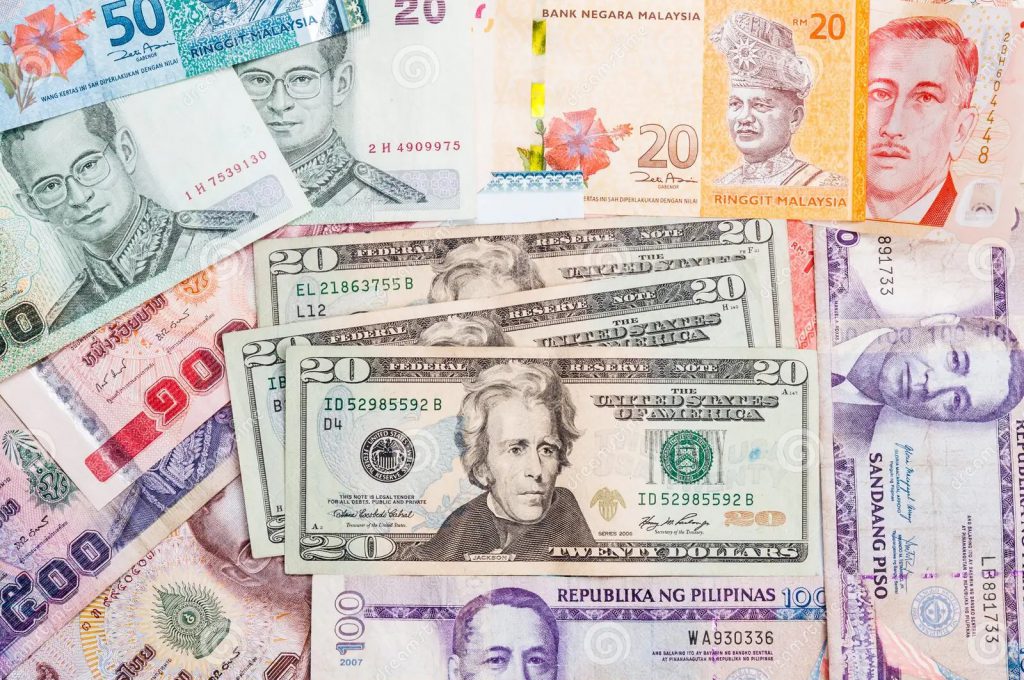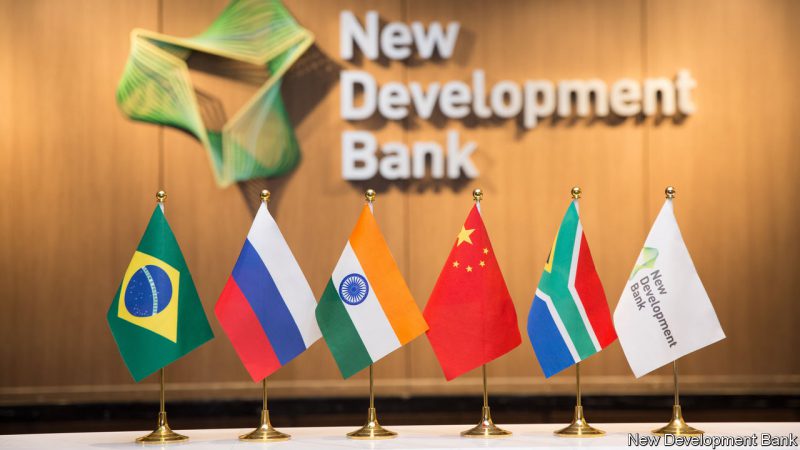As the BRICS alliance continues to increase its commitment to de-dollarization, they have recently given an update on its impending payment system. Indeed, Alexander Zhukov, the First Deputy Chairman of Russia’s State Duman, recently discussed the system at the BRICS Goals in the Context of the New World Order SPIEF Session.
There, Zhukov revealed that 80% of all payments to BRICS nations are in national currencies. Moreover, he expressed the vitality of the alliance’s ability to “expand the use of national currencies in settlements.” Subsequentially, the continued abandonment of Western-dominated financial systems is set to be a focal point for the alliance.
Also Read: BRICS: China’s Exports Rapidly Rise in 2024
BRICS Focus Remains on Payment System Heading Into 2024 Summit
Throughout the last two years, the BRICS economic alliance has sought to challenge the global economic status quo. The bloc has sought increased resistance from the Western-dominated financial order. Those efforts have come in the form of increased de-dollarization practices and the promotion of the bloc’s own local currencies.
That continues to be the case, as the BRICS alliance gave a recent update regarding its impending payment system. Specifically, Russia’s Aleksander Zhukov discussed the system and the necessity for its development. Moreover, he expressed the importance that it plays in BRICS plans.


Also Read: BRICS: Russia is Now the 4th Largest Economy in The World
“It is necessary to enhance the role of BRICS in the international finance system and expand the use of national currencies in settlements,” Zhukov said. “It is one of the key topics nowadays,” Zhukov added. “It is necessary to create a settlement payment system that would be independent of foreign currency and foreign banking systems.”
Moreover, Zhukov described the system as “one of the key directions,” of the BRICS economic cooperation. Furthermore, he noted that the project is of dire importance to Russia. Zhukov referenced the 2022 sanctions that the country faced, effectively cutting them off from international settlement platforms.
Finally, he noted that 80% of all Russian trade is enacted in local currencies. Even more interesting, however, is that he described this as a “major trend” for the alliance nations. They have all committed to lessening their reliance on the US dollar, as they continue to facilitate the integration of a multipolar world.





